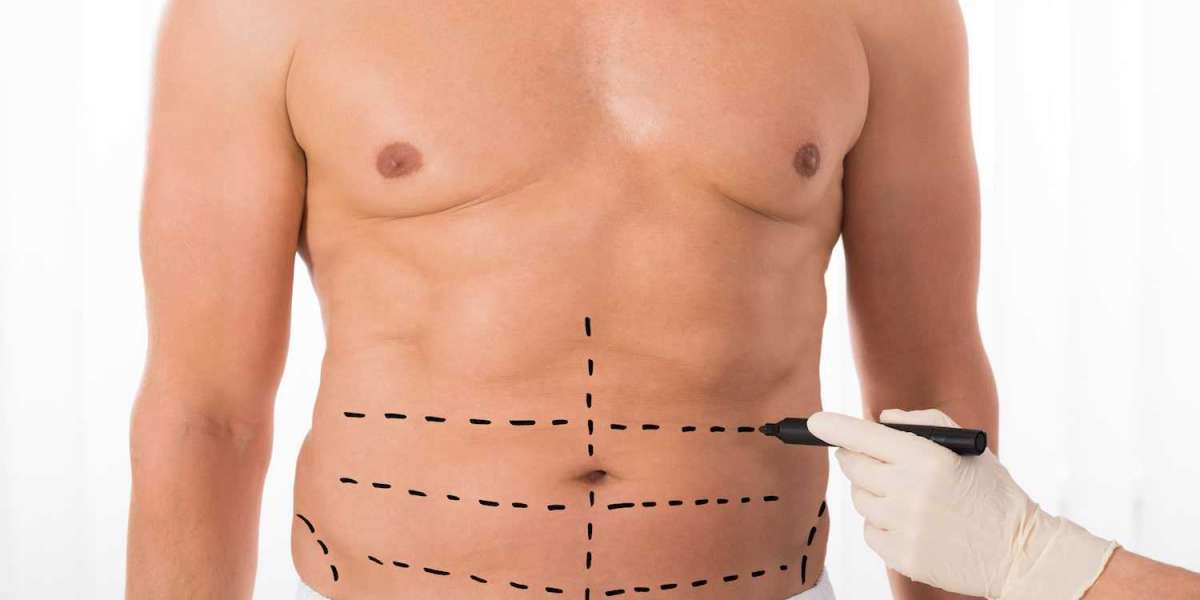Liposuction surgery is one of the most widely performed cosmetic procedures worldwide, yet many people wonder exactly how it works and why it’s so effective at sculpting the body. Understanding the science behind liposuction helps demystify the process and highlights why it remains a top choice for fat reduction and body contouring.
What Is Liposuction Surgery?
At its core, liposuction surgery جراحة شفط الدهون is a method of physically removing unwanted fat cells from specific areas of the body. Unlike weight loss, which shrinks fat cells, liposuction actually removes them, making the reduction permanent in those treated areas.
The procedure uses a hollow tube called a cannula, which is inserted through small incisions. The cannula is connected to a suction device that gently sucks out fat deposits beneath the skin.
How Does Liposuction Remove Fat?
Fat tissue is made up of fat cells called adipocytes stored in a loose connective tissue matrix. When you gain weight, these fat cells increase in size; when you lose weight, the cells shrink but do not disappear.
Liposuction surgery disrupts and removes these fat cells entirely. The cannula moves back and forth to loosen the fat, which is then suctioned out. The surrounding tissues and blood vessels are carefully avoided to minimize trauma.
Types of Liposuction Techniques
Advances in technology have led to several liposuction methods designed to improve precision and reduce recovery time:
Tumescent Liposuction: The most common technique where a saline solution mixed with local anesthetic and adrenaline is injected into the fat layer. This fluid minimizes bleeding, swelling, and pain.
Ultrasound-Assisted Liposuction (UAL): Uses ultrasound waves to liquefy fat before removal, helpful for fibrous or dense areas.
Laser-Assisted Liposuction (LAL): Uses laser energy to melt fat, making suction easier and potentially stimulating collagen for skin tightening.
Power-Assisted Liposuction (PAL): Uses a vibrating cannula to break up fat, reducing surgeon fatigue and improving fat removal.
Why Is Liposuction Permanent?
Because liposuction physically removes fat cells, those cells cannot grow back. However, it’s important to note that remaining fat cells in other areas can still expand with weight gain.
This is why maintaining a healthy lifestyle after liposuction is crucial for long-lasting results.
How Does Liposuction Affect the Body?
Besides fat removal, liposuction can influence the skin and muscle tone in the treated area:
The suctioning process stimulates fibroblast cells, encouraging collagen production, which helps tighten the skin after fat removal.
Removing fat improves the body’s overall shape and contours, enhancing muscle definition.
Fat removal can sometimes improve mobility and comfort, especially when large deposits cause physical discomfort.
Limitations of Liposuction
While liposuction is effective, it is not a weight-loss solution or treatment for obesity. It’s best suited for targeting localized fat deposits resistant to diet and exercise.
It also cannot treat:
Visceral fat (fat around internal organs)
Loose, sagging skin without elasticity (may require additional procedures)
Cellulite (though some newer techniques address this)
Safety Measures in Liposuction Surgery
Modern liposuction is generally safe when performed by a qualified surgeon. Key safety measures include:
Using tumescent fluid to reduce bleeding
Monitoring the amount of fat removed to avoid complications
Employing advanced technologies to minimize tissue damage
Strictly following sterile surgical protocols
What Happens After Liposuction?
Post-surgery, the body needs time to heal. Swelling, bruising, and numbness are common initially. Over weeks and months, the skin tightens, and the final contours become visible.
Patients wear compression garments to support healing and improve skin retraction.
The Future: Innovations in Liposuction Science
Research continues to improve liposuction techniques, focusing on:
Enhanced skin tightening through energy-based technologies
Combining liposuction with fat transfer for body sculpting
Minimally invasive procedures with quicker recovery
Personalized fat removal guided by 3D imaging and AI
Final Thoughts
Liposuction surgery is more than just fat removal—it’s a scientific, carefully controlled process that reshapes the body by permanently eliminating fat cells while promoting skin tightening and contouring. Understanding how it works can help you make informed decisions about your body goals and treatment options.








